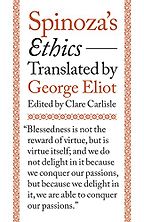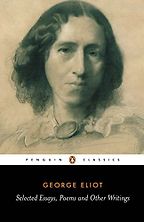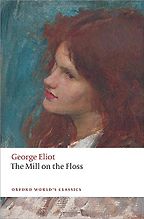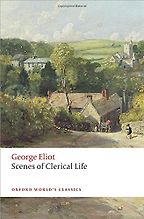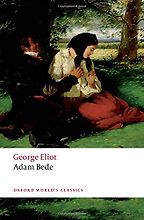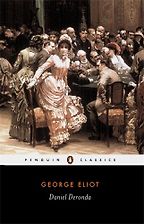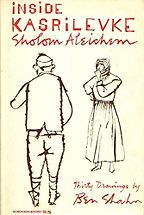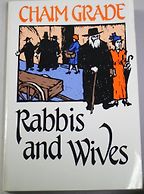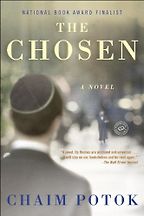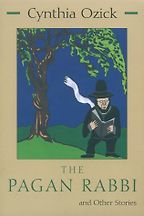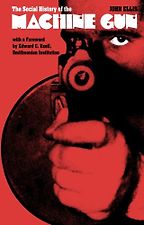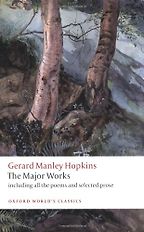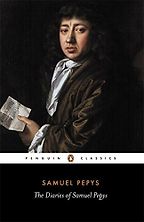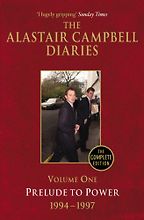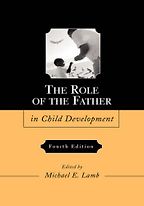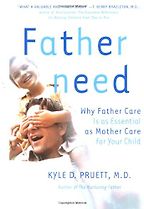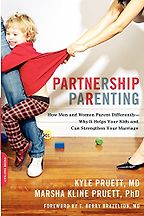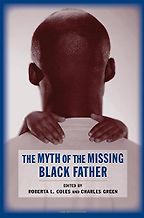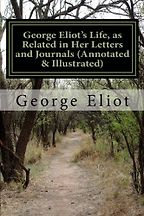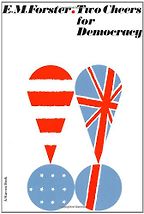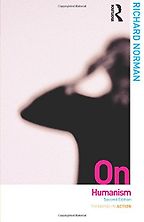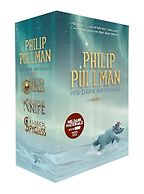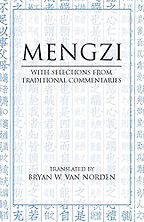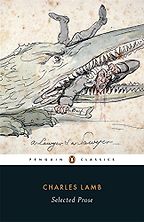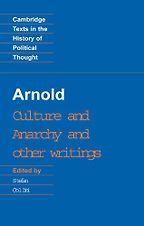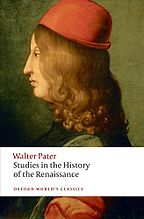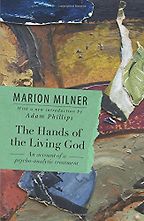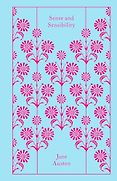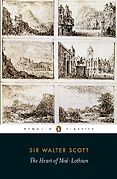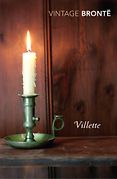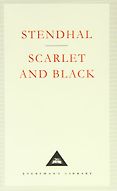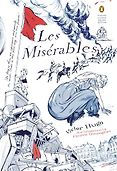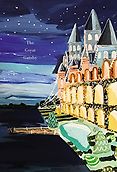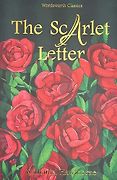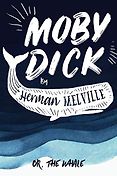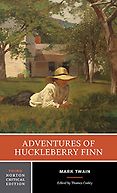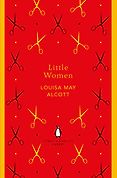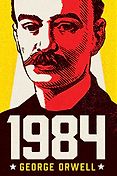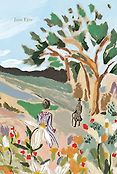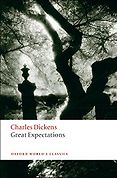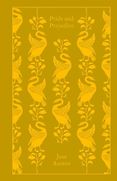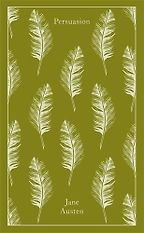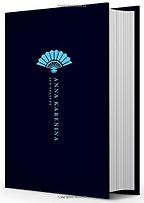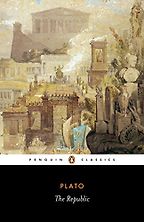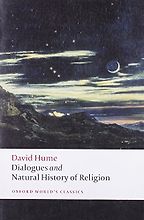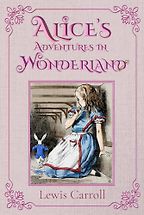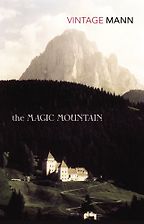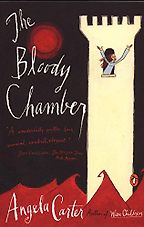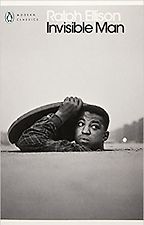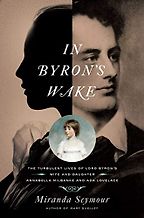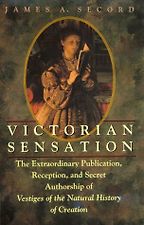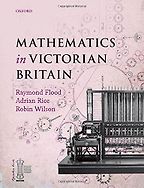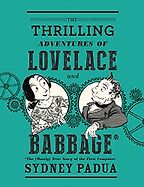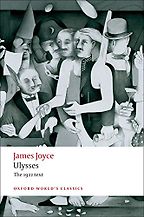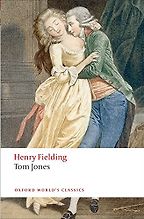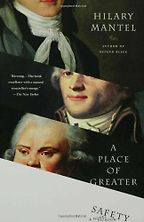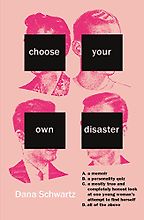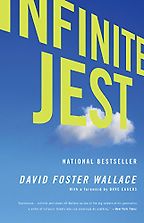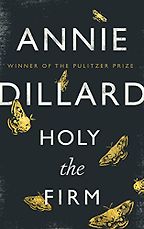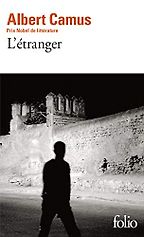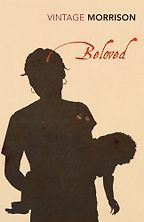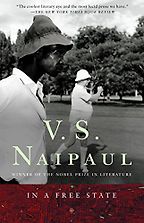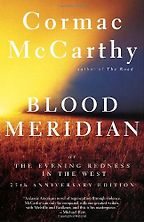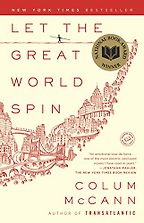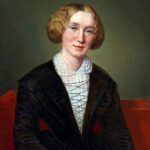
Books by George Eliot
George Eliot, real name Mary Ann Evans, (1819-1880) was an English novelist.
“If you want to read literature that sets out to create a holding ground for raw human material—for human struggles, difficulties, and celebrations—then you should read George Eliot.” Philip Davis, author of The Transferred Life of George Eliot, selects the best books by or about Eliot.
Spinoza's Ethics, Translated by George Eliot
by Baruch Spinoza, Clare Carlisle & George Eliot
"Hatred is increased by reciprocal hatred, but can be destroyed by love"—Baruch Spinoza.
Rather excitingly, Princeton University Press has published George Eliot's translation of Baruch Spinoza's Ethics, which previously was quite hard to buy. The book is edited by Clare Carlisle, a philosopher at King's College London, whose introduction details the influence of Spinoza on George Eliot's later literary work.
The influence of Spinoza on George Eliot is discussed in this interview on the Best Philosophical Novels, with philosopher and novelist Rebecca Goldstein.
“Not only is Eliot a great moral thinker—you feel the movement of a philosophically sophisticated ethicist moving behind the scenes of Middlemarch—but it’s also about the use of literature in moving us morally forward…It’s not only my favourite philosophical novel, it’s my favourite novel. I teach it again and again and each time I am flabbergasted by what she’s able to accomplish and what my students get out of it.” Read more...
Rebecca Goldstein, Philosopher
“George Eliot is one of the great intellectuals of British history. It took a great deal of intellect and moral courage to move to try and make her way in London as a single woman in the field of journalism.” Read more...
David Russell on The Victorian Essay
David Russell, Literary Scholar
“What does George Eliot do in The Mill on the Floss? She creates a situation that’s not autobiographical in the sense that it actually happened, but it’s autobiographical in the sense that it’s the sort of thing that George Eliot and Marian Evans are most interested in. It’s a humiliating middle-ground. That’s to say, Maggie begins to elope with Stephen, but half-way through on board ship, she decides that she can’t go through with it. It is the worst of both worlds: she has lost her reputation but also given up her man.” Read more...
“Janet’s Repentance’ is the best story in Scenes of Clerical Life, George Eliot’s first work of fiction. It is about a woman, Janet, who is married to Dempster. He is a local lawyer and alcoholic who, in his increasing degeneration, abuses and beats his wife. The first move that Eliot makes as a realist novelist is this: of course, Janet is a victim of her husband. But this is not a simple category. Where normal people will have one thought, Eliot will have many. Janet, though the victim, begins to collude in what has happened to her and begins to drink herself. That makes her life more complicated.” Read more...
“It explores ‘morality’ (which might otherwise seem a very dull Victorian concept) as an inner psychological process, in which Arthur realises the indelible consequences of his actions.” Read more...
“George Eliot is a hell of a writer and I’m a big fan of the way liberal arts help us sharpen our philosophies. I assign Silas Mariner to my psychology students at Yale and other places.” Read more...
Kyle Pruett, Psychologist
Daniel Deronda
by George Eliot
In this book Eliot confronted anti-Semitism and the Jewish question in a way that her peers were not, either in literature or in their lives
Interviews where books by George Eliot were recommended
Allegra Goodman recommends the best Jewish Fiction
Jewish literature doesn’t have to be written by Jews, says the novelist, but it does have to speak to the Jewish experience. She tells us about the Jewish writing, from Chaim Potok to George Eliot, that means the most to her.
The best books on Ethics in Public Life, recommended by Alex Carlile
The Lib Dem peer says that reading Cicero’s speeches, George Eliot’s novels and Gerard Manley Hopkins’s poems can help us manage the ethical dilemmas of our own historical moment, and provide clues to human nature
The best books on Fatherhood, recommended by Kyle Pruett
Fathers and mothers play very different roles in a child’s development, says Kyle Pruett, Clinical Professor in the Child Study Center at Yale School of Medicine—and both are essential. He recommends books on fathers and fatherhood—for both parents.
The Best George Eliot Books, recommended by Philip Davis
George Eliot is all but synonymous with Victorian realism; for D H Lawrence, she was the first novelist to start ‘putting all the action inside.’ Here, Philip Davis, author of The Transferred Life of George Eliot, selects the best books by or about one of the greatest novelists of all time: ‘If you want to read literature that sets out to create a holding ground for raw human material—for human struggles, difficulties, and celebrations—read George Eliot’
The best books on Humanism, recommended by Andrew Copson
Humanist ideas are not a recent phenomenon, but have been around for millennia, says Andrew Copson, chief executive of Humanists UK. He explains why it’s worth making a positive choice to be a humanist and recommends a great humanist reading list.
-

1
Selected Prose
by Charles Lamb -

2
Culture and Anarchy and Other Writings
by Matthew Arnold -

3
Selected Essays, Poems, and Other Writings
by George Eliot -

4
Studies in the History of the Renaissance
by Walter Pater -

5
The Hands of the Living God: An Account of a Psychoanalytic Treatment
by Marion Milner
David Russell on The Victorian Essay
David Russell on The Victorian Essay
With the advent of the Victorian age, polite maxims of eighteenth-century essays in the Spectator were replaced by a new generation of writers who thought deeply—and playfully—about social relationships, moral responsibility, education and culture. Here, Oxford literary critic David Russell explores the distinct qualities that define the Victorian essay and recommends five of its greatest practitioners.
The Best 19th-Century Books
The 19th century was a golden age for books, with the flourishing of great realist novels, as well as epic adventure stories and what would turn out to be distinct genres, including sci-fi, horror, and mystery. It was also an important time for the history of ideas, with the publication of key books that would change the world, and how we view it, forever.
Public Domain Books
Public domain books are books on which the copyright has expired, which means they are often available for free on the internet. Copyright rules vary by country, but some of the classics of literature were written more than a century ago and are now in the public domain.
Ten Classic British Novels
Since Five Books was set up in 2009, we’ve interviewed more than 2,000 experts on all manner of subjects. Here’s our roundup of the ten classic British novels that have been recommended most often, starting with Middlemarch, described by Virginia Woolf as “one of the few English novels written for grownup people”.
Five Beautiful Editions of Classic Novels
Some of the best novels ever written are also available in beautiful editions. Here we’ve selected five of our favourites, from the Jane Austen novel that many critics consider her best work to the novel of small-town provincial life that is highly rated by many philosophers.
The Best Philosophy Books of All Time, recommended by Nigel Warburton
Over the past decade our philosophy editor, Nigel Warburton, has been interviewing philosophers asking them to recommend the best philosophy books. After hundreds of interviews, this is our list of the books that have come up again and again. It reveals if not the best philosophy books ever written, at least a collection of very important and influential books.
Talismanic Tomes, recommended by Maria Tatar
The stories we read as children and as adults really do change us and how we see the world around us. Here Maria Tatar, Emerita Professor of Germanic Languages and Literatures and of Folklore and Mythology at Harvard University, speaks about the power of five ‘talismanic tomes’ that had a meaningful influence on her life.
-

1
In Byron's Wake: The Turbulent Lives of Lord Byron's Wife and Daughter: Annabella Milbanke and Ada Lovelace
by Miranda Seymour -

2
Victorian Sensation: The Extraordinary Publication, Reception and Secret Authorship of 'The Vestiges of the Natural History of Creation'
by James Secord -

3
Mathematics in Victorian Britain
by Adrian Rice, Raymond Flood & Robin Wilson -

4
The Thrilling Adventures of Lovelace and Babbage
by Sydney Padua -

5
Middlemarch
by George Eliot
The best books on Ada Lovelace, recommended by Ursula Martin
The best books on Ada Lovelace, recommended by Ursula Martin
Ada Lovelace (1815-1852) has become an iconic figure for women in science and is often credited with the invention of modern computing. But, as Ursula Martin—mathematician, computer scientist and Lovelace biographer—explains, all of that is a bit overblown. The Lovelace myth obscures the truth about a woman who was certainly a very brilliant mathematician, but who was also often frustrated in her scientific ambitions, in poor health and unhappy.
The Best Long Novels, recommended by Five Books
If you’re stuck in lockdown during the COVID-19 pandemic, it might be time to finally crack open that one long read you always meant to get around to, but slid down your list of books for whatever reason—not enough time, too many pages. Problem is, there are so many monster doorstoppers, and it can be hard to tell which are worth your time. The Five Books editors weigh in:
Books to Read as Ebooks, recommended by Five Books
If you’re of a certain age, reading a physical, paper book is almost always a more pleasurable experience than reading on an electronic device. Still, ebooks have some advantages that make them difficult to resist, not least of which is cost. Here Five Books editors share tips on when they’ve found ebooks particularly useful.
Esi Edugyan on Books That Influenced Her
Canadian author Esi Edugyan, whose novel Washington Black is shortlisted for the 2018 Man Booker Prize, picks five books that have inspired her novels, and shares wisdom on what it means to read fiction today
